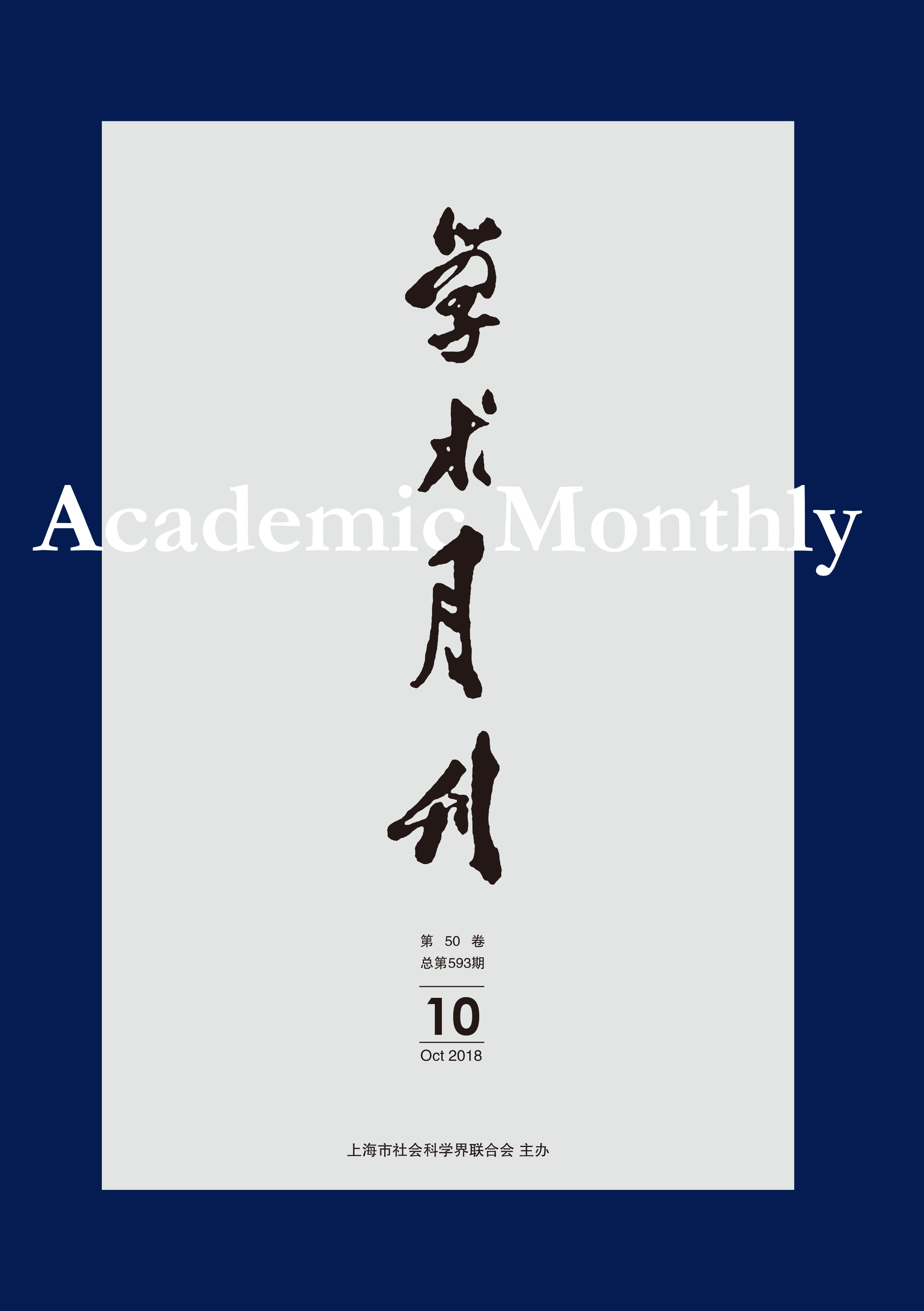A General Survey of the Methodology of Chinese Comparative Literature
- Available Online: 2018-10-01
Abstract: The discipline of Chinese comparative literature has made great achievements in the past 40 years. However, recently comparative literature in China has a tendency to put influence studies and parallel studies into opposition. This has also objectively led to the often-encountered " mythicization of influence studies” and " demonization of parallel studies” and other negative reactions that undermine the academic credibility of comparative literature. Firstly, combining the history of Western comparative literature with the new trend of domestic comparative literature research, this paper sums up two kinds of bad symptoms accompanied by the development of Chinese comparative literature. Secondly, on the basis of discerning the relationship between influence studies and parallel studies, this paper further discusses several main research types of comparative literature and redefines two important concepts of " comparability” and " knowledge equipment” in comparative literature. Finally, the author tries to look forward to the third stage of global comparative literature. It shows that after 40 years of leap-forward development, compared with the vigorous development of comparative literature teaching and research practice, Chinese scholars in the construction of comparative literature methodology still have a long way to go.



 沪公网安备 31010102003103号
沪公网安备 31010102003103号 DownLoad:
DownLoad: